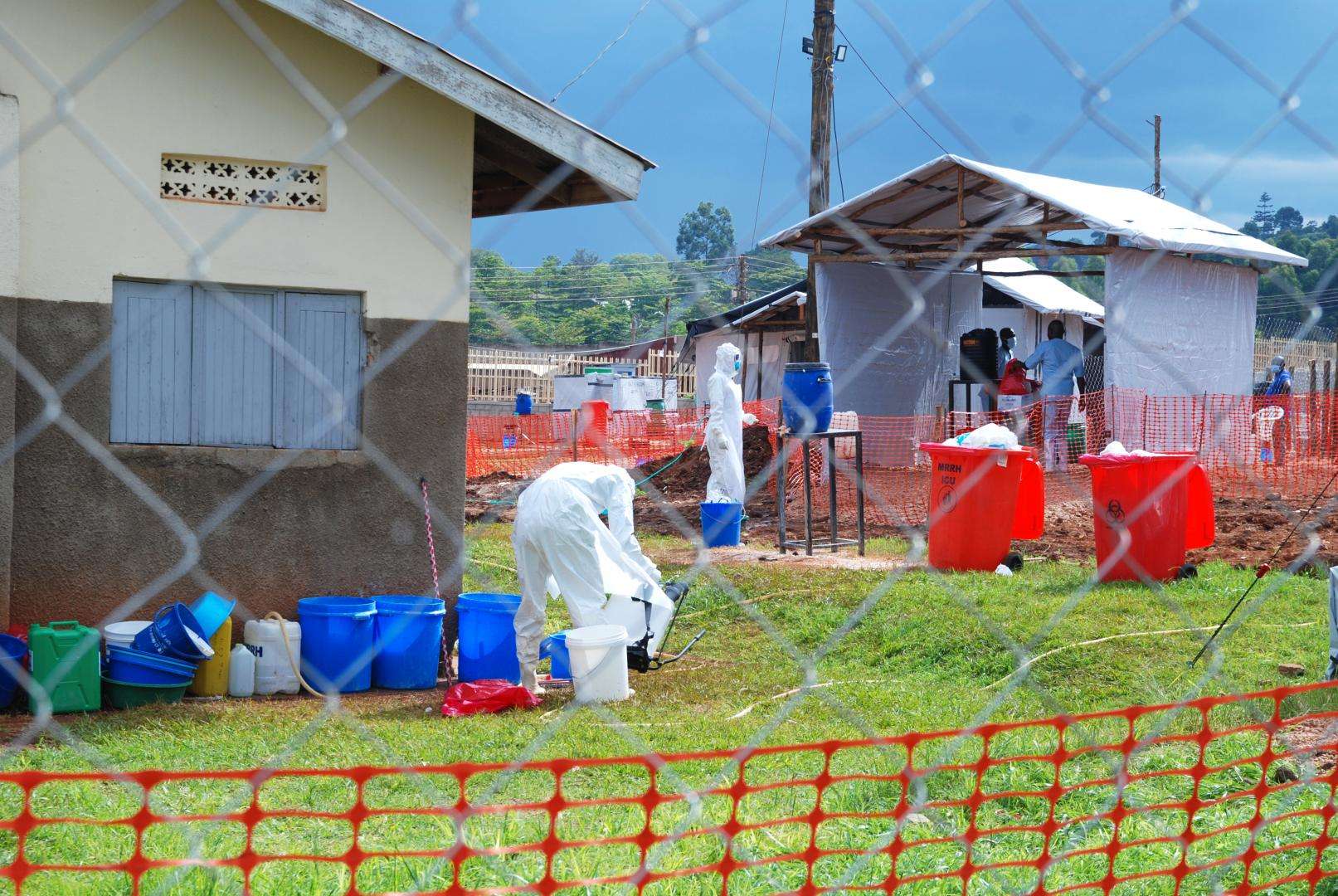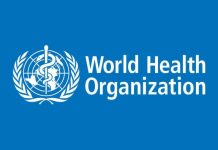
Less than four months after the first case was identified in the nation’s central Mubende area on 20 September 2022, Uganda on Wednesday announced the end of the Ebola disease outbreak brought on by the Sudan Ebola virus.
Uganda’s Minister of Health, Dr Jane Ruth Aceng Ocero disclosed this in a statement published on the WHO website, stating that the victory would not have been possible if the communities didn’t take action.
He said: “Uganda put a swift end to the Ebola outbreak by ramping up key control measures such as surveillance, contact tracing and infection, prevention and control. While we expanded our efforts to put a strong response in place across the nine affected districts, the magic bullet has been our communities who understood the importance of doing what was needed to end the outbreak, and took action,” he said.
The Sudan Ebola virus, one of the six Ebola virus species for which no authorised treatments or vaccines have been developed, was responsible for this Ebola epidemic. However, due to Uganda’s extensive expertise in dealing with epidemics, the nation was able to quickly improve crucial aspects of the response and get around the shortage of these essential instruments.
“I congratulate Uganda for its robust and comprehensive response which has resulted in today’s victory over Ebola. Uganda has shown that Ebola can be defeated when the whole system works together, from having an alert system in place, to finding and caring for people affected and their contacts, to gaining the full participation of affected communities in the response.
“Lessons learned and the systems put in place for this outbreak will protect Ugandans and others in the years ahead,” said Dr Tedros Adhanom Ghebreyesus, WHO Director General.
The WHO revealed that over 4000 individuals who had contact with verified cases were tracked down and had their health assessed for 21 days. The ratio of fatal cases to total cases was 47%. The 42-day countdown to the outbreak’s end started on 30 November when the final patient was discharged from care.
Authorities in charge of health have demonstrated a strong political commitment and advanced public health initiatives. Movement was constrained in the hotspot communities of Mubende and Kasanda.
“With no vaccines and therapeutics, this was one of the most challenging Ebola outbreaks in the past five years, but Uganda stayed the course and continuously fine-tuned its response. Two months ago, it looked as if Ebola would cast a dark shadow over the country well into 2023, as the outbreak reached major cities such as Kampala and Jinja, but this win starts off the year on a note of great hope for Africa,” said Dr Matshidiso Moeti, WHO Regional Director for Africa.
The WHO collaborated with a wide range of partners, including vaccine producers, researchers, donors, and the Ugandan health authorities, to discover potential treatments and vaccines for clinical trials soon after Uganda notified the Sudan ebolavirus epidemic. Over 5000 doses of each of the three potential vaccinations were shipped into the nation; the first batch arrived on 8 December and the final two on 17 December. The quickness of this cooperation represents a turning point in the ability of the world to respond to fast developing diseases and stop them from spreading.
Although the outbreak in Uganda has been declared over, health authorities are maintaining surveillance and are ready to respond quickly to any flare-ups. A follow-up programme has been put in place to support survivors. Neighbouring countries remain on alert and are encouraged to continue strengthening their capacities to detect and respond to infectious disease outbreaks.










